OsteoSure Active7 60tabs SCN
29,00€
Χωρίς ΦΠΑ: 23,39€
- Stock: In Stock
- Model: HESCN030

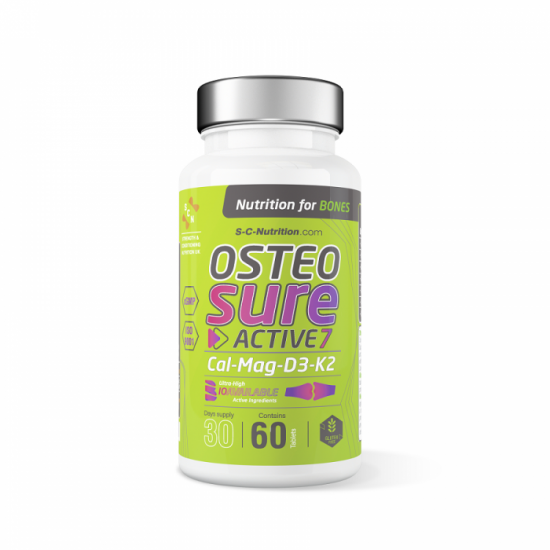

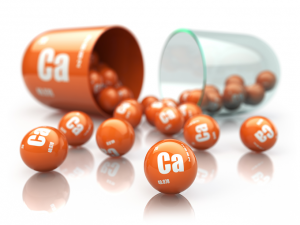 The mineral calcium helps your muscles, nerves, and cells work normally.
The mineral calcium helps your muscles, nerves, and cells work normally.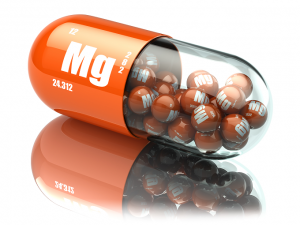 Overall, magnesium assures the strength and firmness of bones and makes teeth harder. Since magnesium participates in an astonishing array of biochemical reactions, it’s no surprise that it’s essential for healthy bones and teeth. Most notably, adequate magnesium is essential for absorption and metabolism of calcium.
Overall, magnesium assures the strength and firmness of bones and makes teeth harder. Since magnesium participates in an astonishing array of biochemical reactions, it’s no surprise that it’s essential for healthy bones and teeth. Most notably, adequate magnesium is essential for absorption and metabolism of calcium.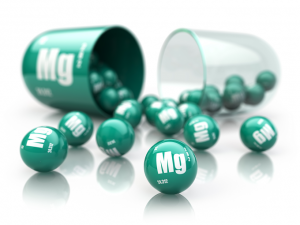 As with calcium, the majority of the body’s reserves of magnesium are held in the bone (60%), and the bones act as a storage reservoir, transferring magnesium into the blood stream in times of need. Adequate daily intake of magnesium is important throughout life to keep the magnesium that is stored in the bones from being lost. Low magnesium intake, as well as low blood and bone magnesium levels, has been widely associated with osteoporosis in women.
As with calcium, the majority of the body’s reserves of magnesium are held in the bone (60%), and the bones act as a storage reservoir, transferring magnesium into the blood stream in times of need. Adequate daily intake of magnesium is important throughout life to keep the magnesium that is stored in the bones from being lost. Low magnesium intake, as well as low blood and bone magnesium levels, has been widely associated with osteoporosis in women.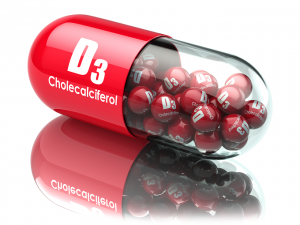 Vitamin D3 has many important jobs in your body. It keeps your bones strong by helping your body absorb calcium and phosphorus, key minerals for bone health. Your muscles use it to move, and nerves need it to carry messages throughout your body. But many people don’t get enough vitamin D3. Find out the best ways to get what you need and whether a supplement might be a good idea for you. Calcium and vitamin D work together to protect your bones—calcium helps build and maintain bones, while vitamin D helps your body effectively absorb calcium. So even if you’re taking in enough calcium, it could be going to waste if you’re deficient in vitamin D. Vitamin D helps your body absorb calcium. Sunlight is actually the main source of vitamin D for many people. However, staying in the sun without proper skin protection puts you at risk for skin cancer. If you’re worried about this risk, or live in a northern climate where sun exposure isn’t a year-long guarantee, many foods will provide you with your daily intake of vitamin D.
Vitamin D3 has many important jobs in your body. It keeps your bones strong by helping your body absorb calcium and phosphorus, key minerals for bone health. Your muscles use it to move, and nerves need it to carry messages throughout your body. But many people don’t get enough vitamin D3. Find out the best ways to get what you need and whether a supplement might be a good idea for you. Calcium and vitamin D work together to protect your bones—calcium helps build and maintain bones, while vitamin D helps your body effectively absorb calcium. So even if you’re taking in enough calcium, it could be going to waste if you’re deficient in vitamin D. Vitamin D helps your body absorb calcium. Sunlight is actually the main source of vitamin D for many people. However, staying in the sun without proper skin protection puts you at risk for skin cancer. If you’re worried about this risk, or live in a northern climate where sun exposure isn’t a year-long guarantee, many foods will provide you with your daily intake of vitamin D.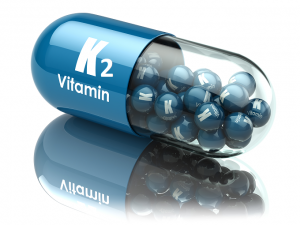 Most people have never heard of vitamin K2.
Most people have never heard of vitamin K2.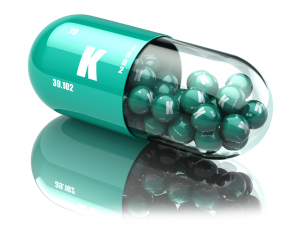 POTASSIUM CITRATE SUPPLEMENTATION RESULTS IN SUSTAINED IMPROVEMENT IN CALCIUM BALANCE IN OLDER MEN AND WOMEN
POTASSIUM CITRATE SUPPLEMENTATION RESULTS IN SUSTAINED IMPROVEMENT IN CALCIUM BALANCE IN OLDER MEN AND WOMEN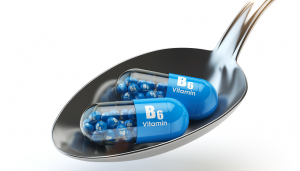 Vitamin B6 is another nutrient that plays an important but indirect role in bone metabolism. Here are a few aspects of the work it does for us:
Vitamin B6 is another nutrient that plays an important but indirect role in bone metabolism. Here are a few aspects of the work it does for us: